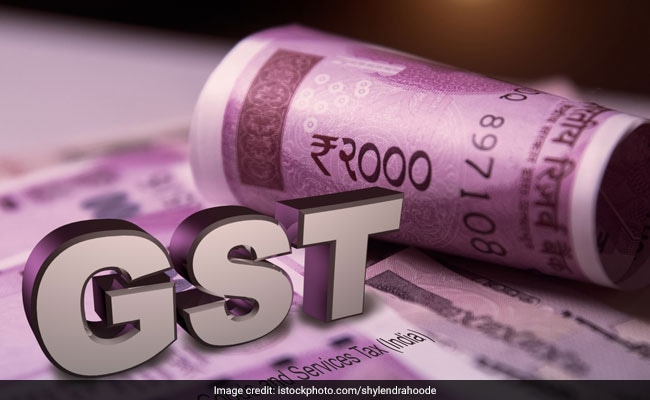
Small taxpayers can issue one consolidated invoice at the end of each day, according to the CBEC
Quick Take
Summary is AI generated, newsroom reviewed.
CBEC has highlighted few facts on GST provisions about invoice for trade
GST taxpayers free to design their own invoice format, says CBEC
Time period prescribed for issuing invoice different for goods, services
(Also read: GST to subsume sales tax, VAT, service tax)
The Central Board of Excise and Customs gave a list of facts on invoicing relating to GST:
1) All GST taxpayers are free to design their own invoice format.
2) GST Law only required that certain fields must mandatorily be in the invoice.
3) The time period prescribed for issuing invoice is different for goods & services - for goods, it is any time before its delivery and for services, it is within 30 days from the date of supply of services.
4) Small taxpayers, like small retailers, doing a large number of small transactions for up to a value of Rs 200 per transaction to unregistered customers need not issue invoice for every such truncation. They can issue one consolidated invoice at the end of each day for all transactions done during the day. However, they should issue the invoice where the customer so demands.
5) In normal circumstances, one copy of invoice is required to be carried by the transporter. However, GSTN (Goods and Services Tax Network) provides a facility to obtain an invoice reference number and if a taxpayer has generated this number, his goods need not be accompanied by paper invoice during transportation. This mechanism helps to address frequently reported problems like paper invoices getting misplaced, mutilated, torn or lost in course of transportation of goods.
6) In order to keep compliance burden low for small taxpayers, GST law provides that taxpayers with annual turnover of up to Rs 1.5 crore need to mention the HSN (Harmonized System of Nomenclature) Code of the goods in the invoices.
7) Keeping in view the large number of transactions in the banking, insurance and passenger transport sector, taxpayers need not mention the address of the customer and the serial number in their invoices.
8) Where the goods are transported for delivery but quantity to be supplied is not known at the time of removal, the good may be removed on delivery challan and invoice may be issued after delivery.
9) No need to issue separate Bill of supply if VAT invoice is issued for non-taxable supplies.
Meanwhile, the GST Council, chaired by Finance Minister Arun Jaitley and comprising state counterparts, last week revised rates on 66 items. The panel has earlier set rates - ranging from 5 per cent to 28 per cent - for a multitude of goods and services under GST.Here's some important information on #GST Invoice pic.twitter.com/6i8V6PkRHp
— PIB India (@PIB_India) June 14, 2017
Track Latest News Live on NDTV.com and get news updates from India and around the world

